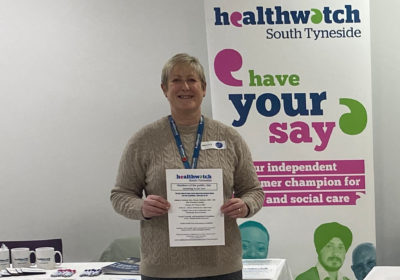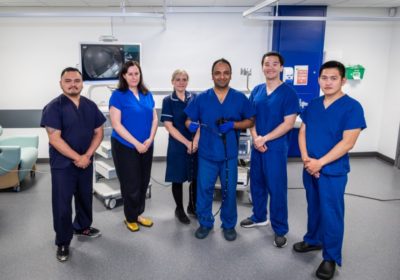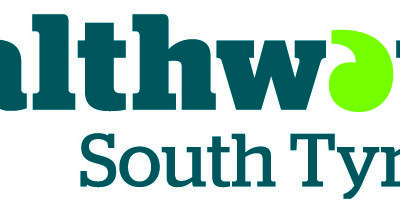A global campaign to raise awareness of the second biggest cause of death will be promoted across the world tomorrow.
World Cancer Day, a global uniting initiative led by the Union for International Cancer Control, has been held on February 4th every year since 2000.
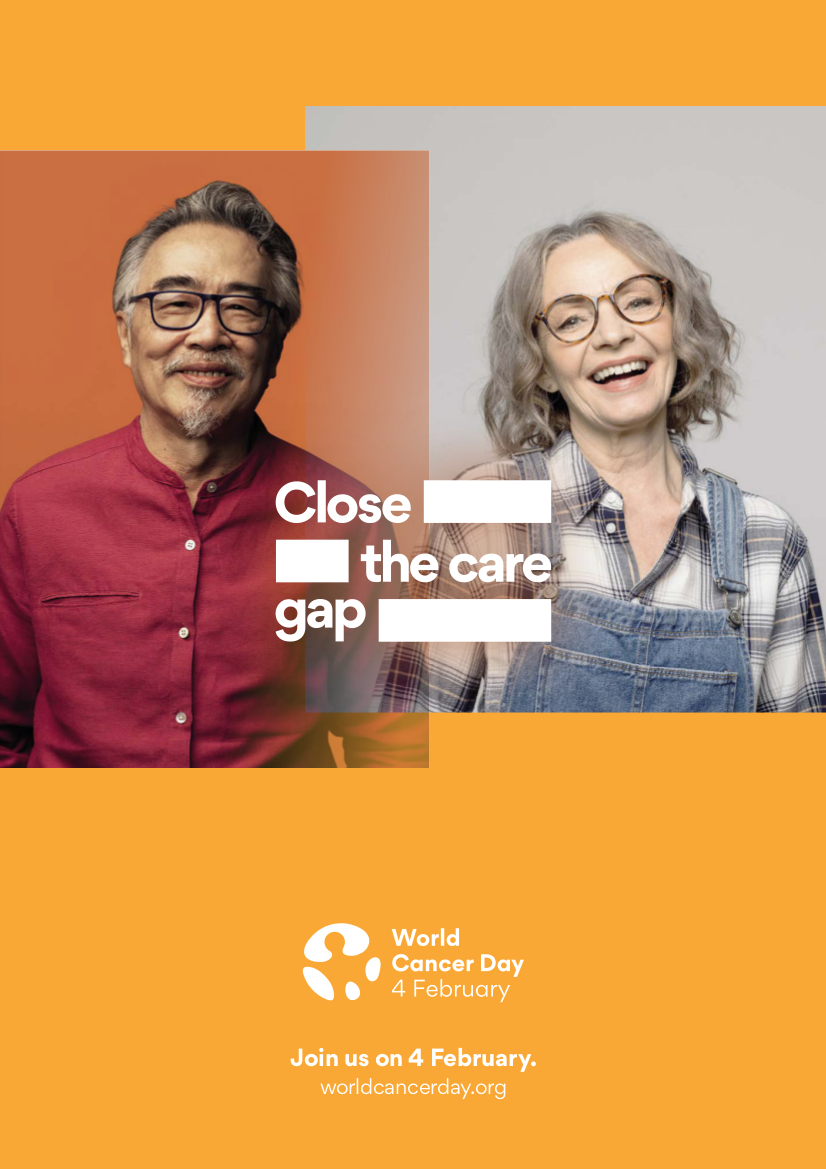
By raising worldwide awareness, improving education and catalysing personal, collective and government action, supporters of World Cancer Day are working together to reimagine a world where millions of cancer deaths are prevented and access to life-saving cancer treatment and care is equal for all.
Each year, hundreds of activities and events take place around the world, gathering communities, organisations and individuals in schools, businesses, hospitals, marketplaces, parks, community halls, places of worship, and in the streets and online to raise awareness and inspire action.
This year’s theme, and the subject of a new three year campaign, is ‘Close the care gap’.
UICC said the campaign is about addressing the barriers that prevent people around the world from accessing the cancer care they need. This means understanding and recognising the inequities in cancer care around the globe, having an open mind, challenging assumptions and looking at the hard facts:
- Inequity in cancer care costs lives.
- People who seek cancer care hit barriers at every turn.
- Income, education, location and discrimination and assumptions based on ethnicity, gender, sexual orientation, age, disability and lifestyle, are just a few of the factors that can negatively affect care.
- The gap affects everyone, including you and your loved ones.
- These barriers are not set in stone. They can be changed.
UICC added: “This is the year to question the status quo and help reduce stigma; to listen to the perspectives of the people living with cancer and their communities and let those lived experiences guide our thoughts and actions.
“That’s how we can begin to imagine a better way of doing things and to build a fairer vision of the future—a future where people live healthier lives and have better access to health and cancer services, no matter where they are born, grow, age, work or live.”
For more information, visit www.worldcancerday.org/close-care-gap.
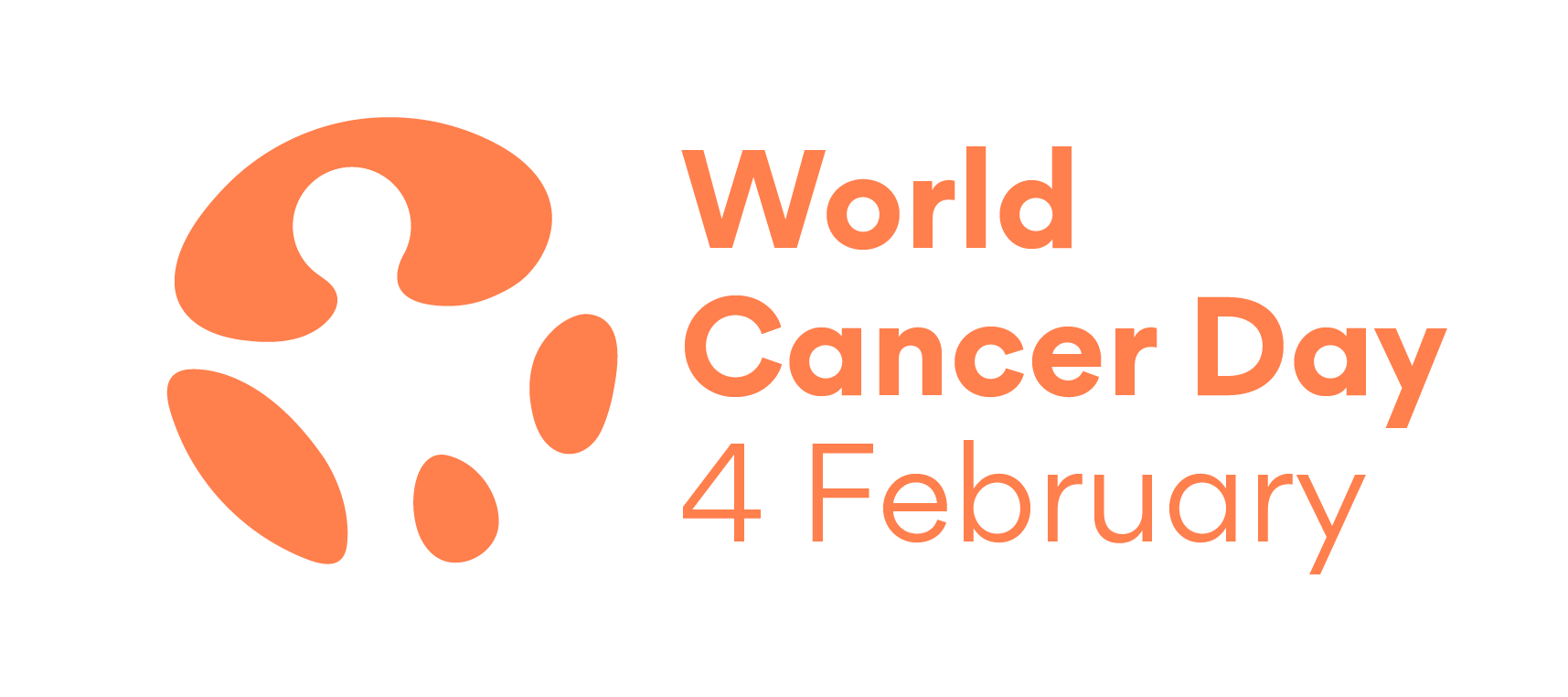
What is cancer?
Cancer is a disease which occurs when changes in a group of normal cells within the body lead to an uncontrolled, abnormal growth forming a lump called a tumour; this is true of all cancers except leukaemia (cancer of the blood).
If left untreated, tumours can grow and spread into the surrounding normal tissue, or to other parts of the body via the bloodstream and lymphatic systems, and can affect the digestive, nervous and circulatory systems or release hormones that may affect body function.
For more information, visit www.worldcancerday.org/what-cancer
Global cancer facts
- Cancer is the second-leading cause of death worldwide.
- The International Agency for Research on Cancer estimates that one-in-five men and one-in-six women worldwide will develop cancer over the course of their lifetime, and that one-in-eight men and one-in-eleven women will die from their disease. This equates to an estimated 19.3m new cases and 10m people dying from cancer in 2020.
- By 2040, the number of new cancer cases worldwide are expected to rise to 30m.
- Approximately 70% of all cancer deaths occur in low and middle income countries. These countries are least well placed to deliver the services needed by people living with cancer or manage the social or economic consequences of this burden.
- At least one third of common cancers are preventable. Genetic mutations play a role in 5-10% of cancers.
- Up to 3.7m lives could be saved each year by implementing resource appropriate strategies for prevention, early detection, and treatment.
- The total economic cost of cancer has been estimated at USD 1.16tr. This translates into a loss of productivity and household income, reduction of quality of life, disability, and ultimately premature death. Cancer and COVID-19.
- Cancer organisations around the world are experiencing sharp declines in funding and operational resources.
- A pulse survey conducted by UICC with over 100 of its member organisations in 55 countries, revealed that almost three-quarters experienced reductions in income of anywhere from 25% to 100%. An analysis of the survey is available in The Lancet Oncology.
- Cancer patients have suppressed immune systems and so due to their fears – as well as those of family members – related to COVID-19, they may cancel or delay hospital visits. A similar fear of contagion may mean that people do not seek in person medical advice, thus delaying the start of treatment. Restrictions on travel 3 and social distancing guidelines also represent barriers to seeking care.

